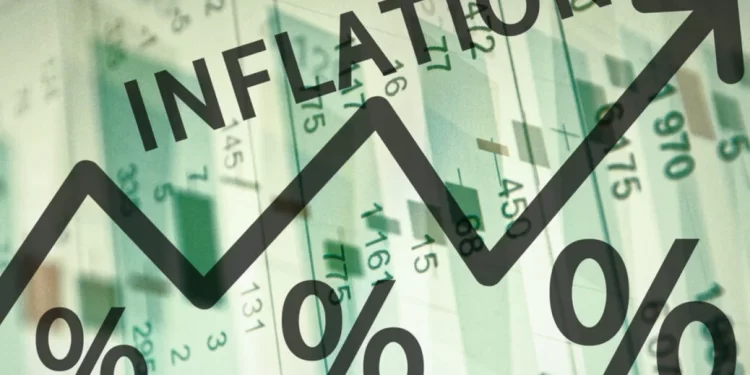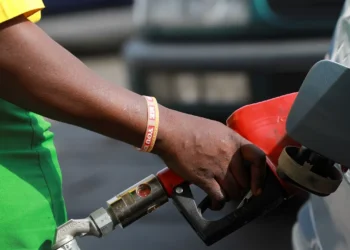The International Monetary Fund (IMF) has stated that the surging prices of food and energy are the major drivers of inflation, pointing to the average global cost of living which has risen more from the start of 2021 to the first quarter of 2022 than it did during the previous five years combined.
This is according to a recent update on the institute’s website titled, “How food and energy are driving the global inflation surge.”
The IMF stated that the average contribution of food inflation alone since the start of last year exceeds the overall average rate of inflation during 2016-2020. Meaning food inflation over the reported period is practically of the same magnitude as the inflation of all consumption in the five years immediately before the pandemic. The fund also stated that energy cost has also been rising both directly and indirectly–through transport cost–and seriously feeding global inflation.
Notwithstanding, the prices of other items have also been soaring high as service inflation has increased in the United States and the Euro Area. Only that their propelling force on inflation differs substantially from that of food and energy across countries.
IMF also noted that the pace of this inflation slowed in July, particularly for energy.
What the Fund is Saying
The IMF believes that the preoccupation of Central Banks around the world should be about controlling inflation. However, it highlighted the attending impact on the most vulnerable people if remedial steps are not taken accordingly. It said:
“With rising prices continuing to squeeze living standards worldwide, taming inflation should be the priority of policymakers. Tighter monetary policy will inevitably have real economic costs, but these will only be exacerbated by delaying corrective action.”
“Targeted fiscal support can help cushion the impact on the most vulnerable. Policies to address specific impacts on energy and food prices should focus on those most affected without distorting prices. And with government budgets stretched by the pandemic, such policies will need to be offset by increased taxes or lower government spending.”
Most central banks are already faced with a trade-off between tightening monetary policy in a bid to dial down inflation and sustaining the already challenging economic outlook of their countries. Nevertheless, well-articulated countervailing measures, if applied timely, can help mitigate the impact of a tighter policy.
Evidence from Nigeria
According to the July Consumer Price Index (CPI) data released by the National Bureau of Statistics (NBS), core inflation, which stood at 16.26 percent rose on the wings of rising prices of gas, liquid and solid fuel, passenger transport by road, passenger transport by Air, Garments, Cleaning, Repair and Hire of clothing.
Food inflation which rose to 22.02 percent–significantly higher than the composite index (19.6 percent)–was caused by the increasing prices for bread and cereal, food products n.e.c, Potatoes, yams, and other tubers, meat, fish, oil, and fat. The data also shows that on a month-on-month basis, while the prices of tubers (yam, potatoes, and other tubers), vegetables, maize, and garri dropped insignificantly (by 0.01 percent), the prices of food items like bread and cereal which have knits to the global commodity market were still souring high.
Also, urban inflation is 20.09 percent while the rural index is 19.22 percent, suggesting that the cost of transporting items from rural areas to urban areas has raised the urban index above the headline inflation (recall, NBS highlighted passenger transport as part of the causes of core inflation). This conforms to the indirect energy cost (transportation cost) the IMF highlighted.
Notably, food inflation and energy costs are serious contributors to Nigeria’s inflation.










